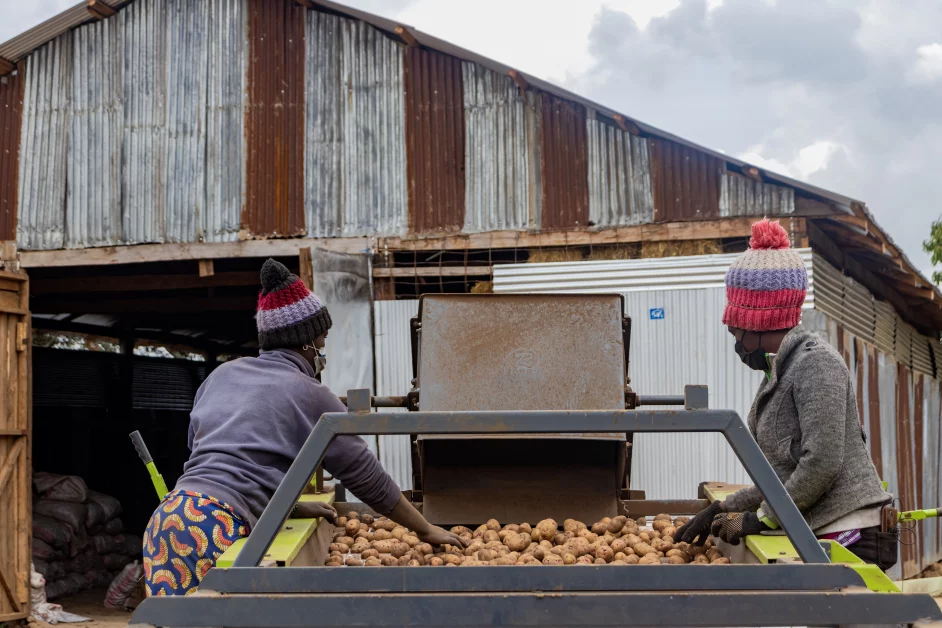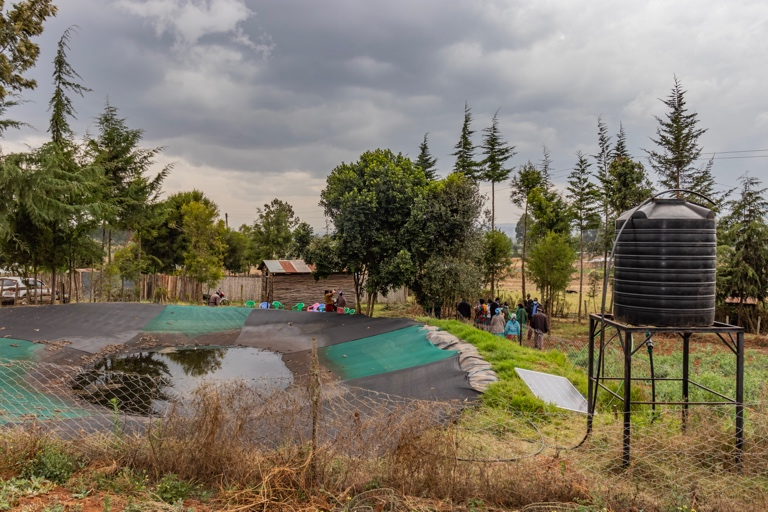By Harold Mate – Climate Resilient Agribusiness For Tomorrow (CRAFT) Project Manager in Kenya
However, agricultural productivity has stagnated in recent years. Smallholder farmers and agricultural enterprises continue to face challenges in growing their businesses and improving the quality of agricultural goods. We work to enhance agriculture-led economic growth, improve nutrition outcomes, strengthen county government capacity, increase resilience, and build sustainable market systems through private sector engagement.

With concern growing worldwide over food shortages and incidences of hunger and malnutrition, more attention is being given to solutions that can equip food-insecure regions of the world to overcome their vulnerability. Food security could be defined as a situation in which all people, always, have physical, social, and economic access to sufficient, safe, and nutritious food which meets their dietary needs and food preferences for an active and healthy life. (Kenya Food Security Steering Group, 2008). The current food insecurity challenges could be attributed to various issues such as drought in most parts of the country, and the high cost of domestic food production because of the high cost of agricultural inputs, among others.
At CRAFT East Africa, a project implemented by a consortium led by SNV Netherlands, we see farmers’ access to climate resilient interventions as a solution, and therefore continue supporting the integration of climate adaptation into the Small and Medium Enterprises and Cooperatives.
CRAFT’s inclusive business approach supports international and national efforts to address the effects of climate change and to promote sustainable production in arable crop value chains.
Approximately 4.5 million smallholder farmers in Kenya depend on agriculture for livelihood and building their adaptive capacity and resilience to climate change is key in enabling them to protect their livelihoods and food security. The ability to cope with the impacts of weather shocks and natural disasters brought by climate change depends largely on the household’s resilience, or its capacity to absorb the impact of, and recover from, a shock.
One way of combatting the effects of climate change is through Climate Smart Agriculture (CSA) practices. The promotion of CSA practices and technologies seeks to sustainably increase agricultural productivity and incomes by building resilience through adapting to changes in climate and reducing and/or removing GHGs emissions relative to conventional practices.
The CRAFT Project contributes to the improvement of incomes, resilience, yields as well as employment of the target beneficiaries who are the smallholder farmers with the approach of working with and through the business champions (BCs).

In the context of developing countries with increasing populations, changing climates, and interrupted food supply chains these missing elements represent the root causes of hunger. They are eminently resolvable, making widespread hunger a thing of the past in Africa.
CSA has the potential to alleviate food insecurity among smallholder farmers if used in combinations and to a larger extent. To enhance adoption, farmers should be sensitized on the need to adopt CSA practices and technologies in order to absorb the risks of climate change while enhancing adoption of CSA practices.















